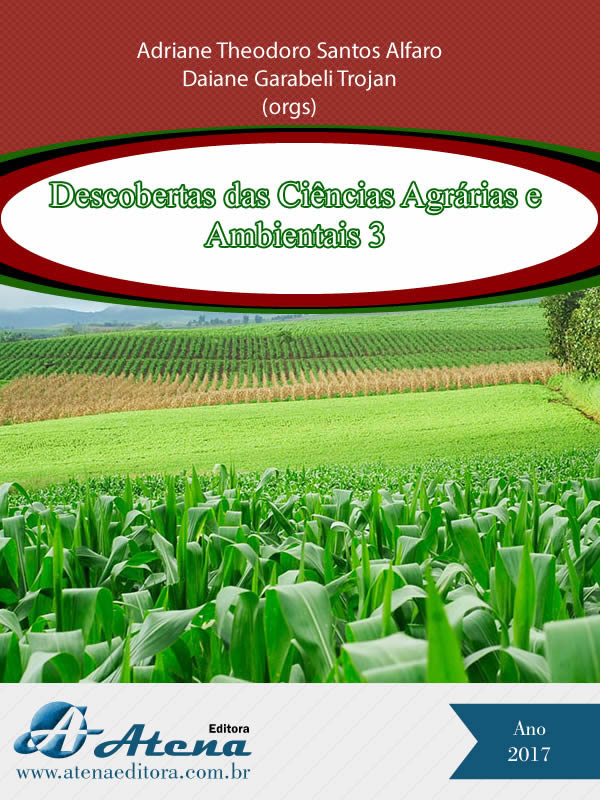
RECUPERAÇÃO DE ÁREAS DEGRADADAS: RECOMPOSIÇÃO FLORESTAL DE NASCENTES SOB INFLUÊNCIA DE RESÍDUOS SÓLIDOS URBANO
Este artigo traz em si, os aspectos relacionados à vulnerabilidade da
água e do solo, a partir da antropização de resíduos sólidos, ou seja, depósito de
lixo urbano a céu aberto no município de Itaituba, no oeste do Estado do Pará. A
Abordagem sistematiza a relevância dos problemas ambientais ocasionados ao
longo deste processo nas últimas décadas (2000 a 2010), provocados pela
urbanização desordenada, gerando sérios problemas ambientais, atingindo a flora,
a fauna, o relevo, as fontes de água e o clima, causando alterações significativas
na paisagem, além da produção de grandes volumes de lixo lançados no leito dos
córregos, comprometendo a qualidade da água do Igarapé “Passa Tudo”,
assoreando as nascentes e contaminando o solo. A partir desta problematização,
justifica-se a proposição de uma intervenção planejada utilizando tecnologias
apropriadas de recomposição florestal e proteção das nascentes, tendo como
objetivo a recuperação da área, utilizando um sistema alternativo através do
plantio de essências florestais, árvores frutíferas e leguminosas, prevenção contra
intempéries naturais, recomposição do solo e proteção das nascentes. A
metodologia adotada foi a pesquisa bibliográfica, pesquisa de campo e pesquisa
participante, com abordagem quantitativa e quantitativa, através da aplicação de
questionários semiestruturados, visitas no local, atividades de campo, histórico do
lixão, entrevistas e depoimentos e traz como resultados a má qualidade da água
para o ecossistema. Desta forma, nos impondo desafios que nos leve a mudança
deste quadro.
RECUPERAÇÃO DE ÁREAS DEGRADADAS: RECOMPOSIÇÃO FLORESTAL DE NASCENTES SOB INFLUÊNCIA DE RESÍDUOS SÓLIDOS URBANO
-
DOI: Atena
-
Palavras-chave: Sociedade, recuperação, recursos naturais, nascentes, resíduos sólidos.
-
Keywords: Society, recovery, natural resources, springs, solid waste.
-
Abstract:
This article related to the vulnerability of water and soil, from the
anthropization of solid waste, that is, urban waste disposal in the open air in the
Itaituba city, in the west of the State of Pará. The approach systematizes the
relevance of the environmental problems caused during the last decades (2000 to
2010), caused by the disorderly urbanization, generating serious environmental
problems, reaching the plants, the animals, the relief, the water sources and the
climate, causing significant changes in the landscape, as well as the production of
large amount of garbage thrown into the stream bed, compromising the quality of
the water from the "Passa Tudo" stream, clogging the springs and contaminating the
soil. From this problem, it is justified to propose a planned intervention using
appropriate technologies of forest restoration and protection of the springs, aiming
at the recovery of the area, using an alternative system through the planting of
forest essences, fruit trees and vegetables, prevention against natural
inclemencies, soil recomposition and protection of springs. The methodology
adopted was the bibliographical research, field research and participant research,
with quantitative and quantitative approach, through the application of semistructured
questionnaires, site visits, field activities, history of the dump, interviews
and testimonies and results as poor quality from the water to the ecosystem. In this
way, imposing challenges that lead us to change this framework.
-
Número de páginas: 15
- Leonardo Martins Veneri


